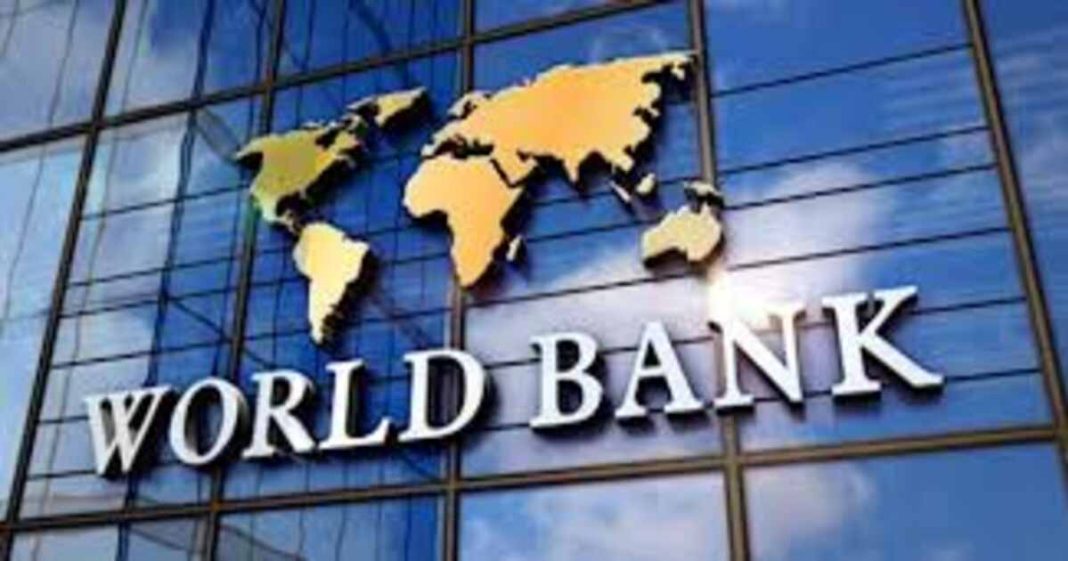The World Bank announced on December 5 that it has successfully raised nearly $24 billion in donor contributions to its International Development Association (IDA), marking a pivotal step in supporting the world’s poorest countries. Leveraging these funds, the World Bank aims to unlock a record $100 billion in total spending power to address critical global challenges, including poverty, education, climate resilience, and infrastructure.
Historic Fundraising Achievement
Donor nations pledged $23.7 billion during the IDA’s latest replenishment round, a modest increase from the $23.5 billion raised three years ago. This funding marks the IDA’s 21st replenishment, known as IDA21, and will be leveraged on financial markets to quadruple its value, generating $100 billion in new loans and grants. This figure surpasses the $93 billion mobilized during the 2021 funding cycle.
Read More: World Bank reports 1.2 billion people at risk due to climate change
World Bank President Ajay Banga lauded the achievement as a “vote of confidence” in the institution’s ability to drive impactful development. “This funding will be deployed to support the 78 countries that need it most,” Banga said, emphasizing investments in health, education, infrastructure, and climate adaptation.
Focus on Africa and Global Development
IDA funding predominantly supports the 78 poorest countries worldwide, with African nations receiving approximately two-thirds of the aid over the past decade. IDA has become the largest global source of concessional, or below-market, climate finance. The funds are vital for addressing pressing challenges such as the economic fallout from the COVID-19 pandemic and climate change.
The World Bank emphasized that IDA funding contributes to stabilizing economies, creating jobs, and building resilience against global shocks. Recent years have also highlighted IDA’s role in financing public health systems and education reforms in struggling economies.
Strong Donor Commitments
Key contributors to the IDA replenishment include the United States, which pledged a record $4 billion, as well as Japan, the United Kingdom, Germany, France, Norway, and Spain, among others. Notably, 35 former IDA recipient nations, such as China, Turkey, and South Korea, have transitioned to donor status, underscoring the program’s success in fostering economic growth and stability.
“This achievement reflects the collective determination of nations to address global poverty and inequality,” a World Bank statement read. “It also highlights the institution’s efforts to become faster, simpler, and more effective in delivering results.”
Read More: IMF, World Bank hold first meetings in Africa in 50 years
The announcement followed two days of discussions in Seoul, South Korea, a nation that itself graduated from IDA assistance decades ago. The talks took place amid political tensions, with South Korean President Yoon Suk Yeol briefly declaring martial law on Tuesday before rescinding the decision under pressure from lawmakers.














